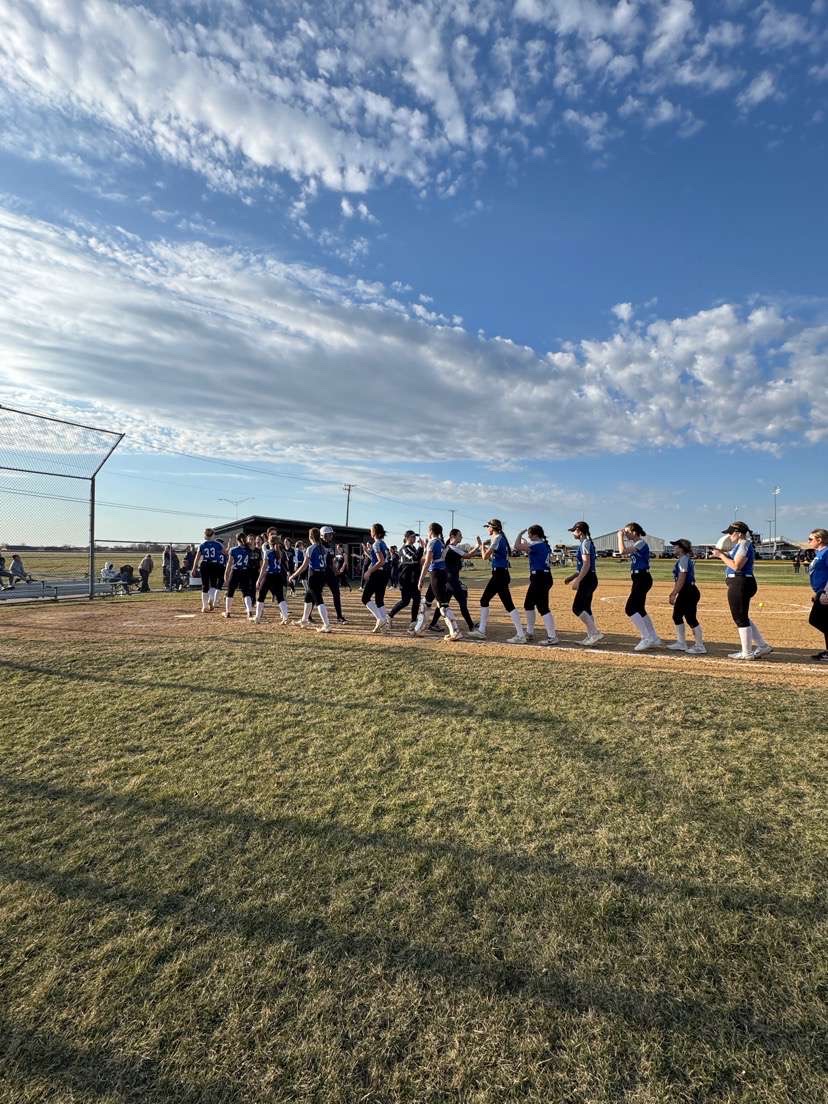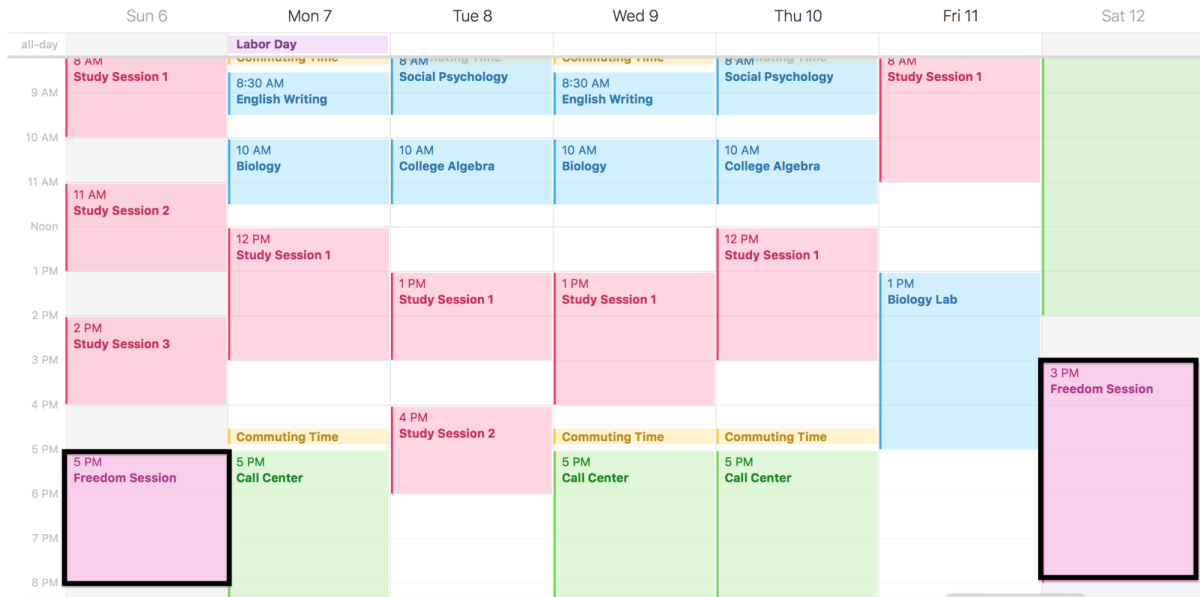Transitioning from middle school to the rigor of high school can be overwhelming for many students. For freshman, or any student here at East, finding the best way to study in a new environment and new classes can seem like a daunting process. Good study methods work because they engage various styles of learning. Planning and finding support along the way is the only way to success. Below are some study tips and strategies to help you do well in all your classes.
The first thing to remember is to never cram. It might be tempting to leave all your studying for that big exam up until the day before, but research shows that cramming is not effective, and it doesn’t help to improve long term learning. Instead, plan ahead and practice in small amounts each day! Keep in mind the goal of long-term retention.
The next tip is simple: ask for help. You do not have to struggle through difficult material on your own. Many students are not used to seeking help on their own but asking for support is essential to understanding what you are learning, especially in rigorous courses like honors or AP. Become efficient at noticing the areas where you need assistance and seek out that help immediately. The sooner the better, as if you wait longer, it becomes more difficult to catch up. Seeking help includes asking your teacher to meet before or after school, getting a tutor, or just asking classmates.
Up next is planning. Having a study plan with set goals can help you feel more prepared. Invest in a calendar or planner that you can take with you wherever you go. Write down all assignments, tests, and due dates so that you have a roadmap to follow. Procrastination is one mistake that usually leads to missing due dates and feeling overwhelmed. Make sure to set up a schedule ahead of time to avoid this.
The last tip is to engage in study groups. Your peers are most likely going through the same struggles that you are. They also are probably reluctant to ask for help as well. Reach out to classmates and form a study group to meet once or twice a week. Make sure you bring your material and homework to these sessions, and practice with each other. You can go over material together, brainstorm, and support each other through challenges. Having people around you that are struggling like you are makes the journey a little easier.

















